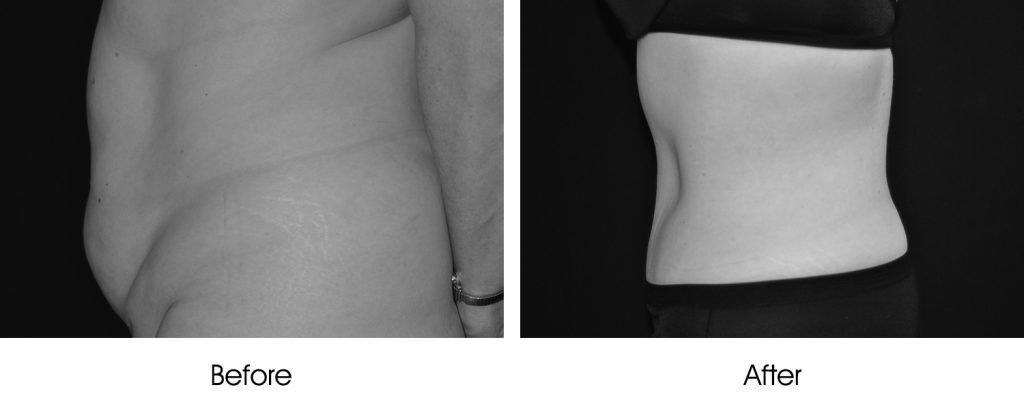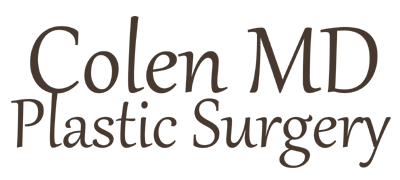You might think, since this is a blog about plastic surgery, and I’m daring to broach the subject of Michael Jackson, that this might be a cheap shot at his appearance. I would never stoop that low, but there is a lesson from his life and death that I think is relevant.
It’s no secret that Michael went under the knife for frequent cosmetic procedures. It was reported recently, however, that one reason he did so is because following the plastic surgery procedure, his doctor would perscribe the pop singer pain medicine and narcotics. Jackson, it appears, had become addicted to these pain relievers.
Experts on the subject say this doesn’t mean that Jackson necessarily consciously sought plastic surgery for the drugs, however, deep within his subconscious, it doubltess motivated him to go in for some of the surgical procedures.
Quite simply, on an inner level, the addiction may motivate some people to get an operation since the addiction craves the opiates. Why plastic surgery? Because it’s 90% elective, unlike, say, an appendectomy or kidney removal.
According to reports, Jackson had been using Dilaudid, Demerol and Vicodin to help releave chronic pain; he also regularly took the sedatives Xanax, Soma (a muscle relaxant) and Zoloft and Paxil, both anti-depressants. He also took Prilosec for heartburn.
We’re now hearing reports that Jackson had had plastic surgery procedures dating back to his teens, which included work on his chin, cheeks and brow. For his part, Jackson only confessed to operations on his nose. But this seems unlikely.
I imagine originally, the operations were merely done, as with most plastic surgery, to improve Jackson’s appearance. He admitted to being berated by his father who hated his nose and his general appearance. To please his father and because he believed his father he tried very hard to change his appearance. However, as time passed, he became addicted to the post-procedure prescriptions, and it became unclear as to what became the major motivating reason for his surgery, his appearance or the drugs he would get after his surgery procedures.
There are several lessons for us to learn here. One is that it’s important for plastic surgeons to screen their patients, not just for medical history, but for psychological issues. A person who shows signs of being addicted to drugs, and also asks for unreasonable amount of procedures should be referred for psychological help and not have surgery.
And second, if you’re a patient, please take your prescriptions only as prescribed by your doctor, and never vary from it without his or her permission. Prescription medicine is nothing to play around with. I would hate to think that the medicine I prescribe to a patient, for her improvement, would actually make a person addicted to it because of overuse and abuse cause future harm.


